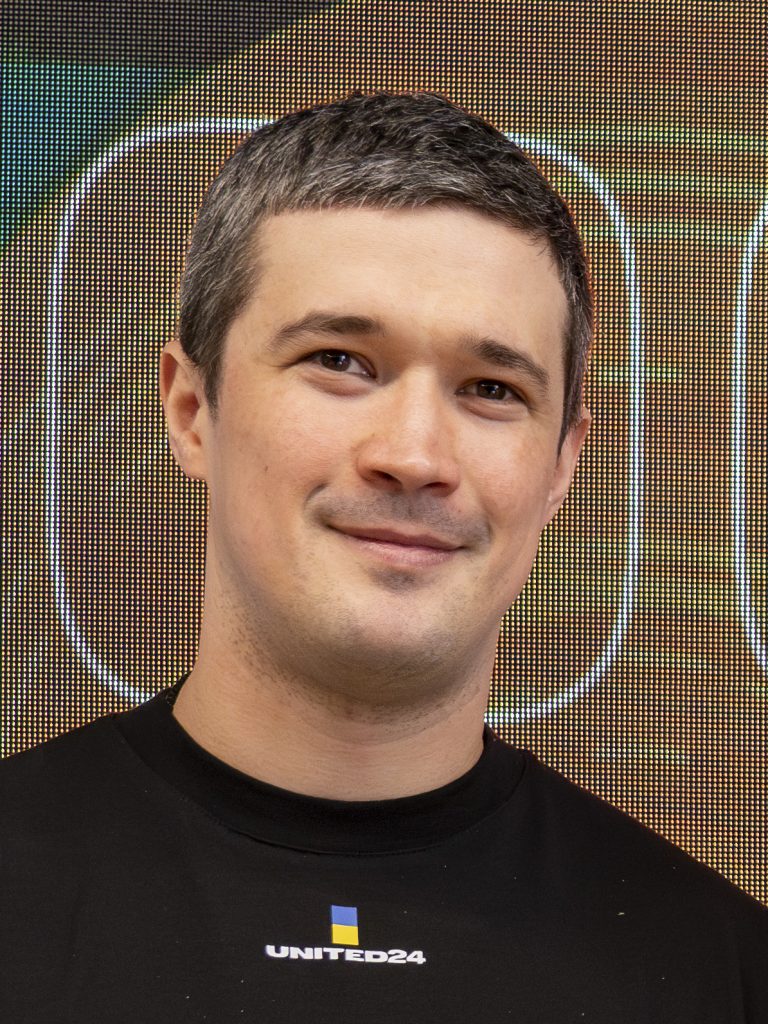Rebuilding educational institutions in Ukraine: the first schools to open in one year as soon as the concepts are developed

Mykhailo Fedorov – Wikipedia
From 28-30 August, the first international workshop on the rehabilitation of war-damaged schools took place in Kyiv. The event was attended by Ukrainian and European architects, educators, ministers, and project donors and marked the beginning of the reconstruction of educational institutions.
September 1st, Kyiv – A project to begin reconstructing schools damaged by the war took the first major steps, with a three-day international workshop organised by Ukrainian urban bureau Big City Lab. Five concepts of rebuilding of typical Soviet-era schools will be worked up, and the program will be expanded nationwide. The reconstructed schools are expected to open their doors in one year, in September 2024.
The projects are run by the Ministry of Education and Science, in concert with the executive partner Big City Lab and Rebuild the Wonderful architectural association. The projects are carried out under the initiative of Vice Prime Minister for Innovations, Development of Education, Science & Technologies – Minister of Digital Transformation of Ukraine Mykhailo Fedorov.
“Together with the Ministry of Education and Science we have developed a strategy for education transformation. It involves lots of changes, starting with the approach to teaching, shifting perception around the teaching profession, and reconstruction of educational facilities. We want to transform the system and ensure that children want to go to school,” said Mykhailo Fedorov, Vice Prime Minister for Innovations, Development of Education, Science & Technologies — Minister of Digital Transformation of Ukraine.
The CEO of Big City Lab, Viktoria Titova, explains the selection process: “Through discussion with local authorities and analysis of the educational network they determined a list of schools for priority repairs. Finally, the selected schools will have principals that align with the project values, are open for cooperation and have the potential to become strong partners for scaled up projects all over Ukraine.”
The concepts of new Ukrainian schools will be developed in cooperation with Ukrainian and European architects. The team includes representatives of DO ARCHITECTS (Lithuania), KAVAKAVA (Estonia) and ARCHICON (Hungary), European bureaus with expertise in transformation of old Soviet-era schools. They are also part of the Rebuild the Wonderful for Ukraine initiative, run in coordination with the Ukrainian Big City Lab urban bureau. In addition, the project will use existing expertise and concepts from Mariupol Reborn.
“Today, our country is fighting for us and our future. The future of our children. The reconstruction and rebuilding of our cities, infrastructure, housing and, especially, schools should be guided by the buildbackbetter principle. Our children and the next generations deserve a better world and a comfortable and friendly environment for a better education,” commented Natalia Yemchenko, SCM’s Director of Public Relations and Communications and member of the supervisory board of Mariupol Reborn.
The architects will develop concepts for the new type schools based on in-depth research conducted by Ukrainian urban specialists. The research draws on student focus groups, discussions with school principals, and in-depth interviews with education experts. This will ensure a comfortable and effective educational process.
“Schools are not only about education. They are much more than that: they are about being a place of power for children. This is what we had been doing over the past few years in Mariupol before the full-scale war began. This is what we will be doing after our victory. I thank the government for the quality transformation of the education sector. Together we can create new opportunities for our children,” said Mayor of Mariupol Vadym Boychenko.
The architectural transformation of educational facilities will create safe functional spaces that will encourage children to learn and communicate. The concepts devised under the project will be submitted to the Ministry of Education and Science and then scaled up to other schools of the same type all over Ukraine.
“Fundamentally rethinking the Soviet school spaces is key for transforming our education system. A cutting-edge educational environment has a positive effect on all participants of the educational process, especially on children who can grow more self-confident, inquisitive, and open-minded. To date, more than 3,000 schools have been damaged and more than 300 schools destroyed. The challenge we face is to rebuild them with new quality: it’s both about form and substance,” concluded Oksen Lisovyi.
— ends—





